case study:
A Daily Weather Forecast, but for Drug Sales
Beghou’s novel use of machine learning helps an established pharma company accurately predict sales a few days at a time
Challenge: HOW TO RESPOND TO DAILY DATA REPORTS?

Everyone from the CEO to the product marketing director scrutinized the sales data of this pharmaceutical company’s signature cancer drug. Even small drops in daily refill numbers caused some anxiety among the commercial team. While the team spent hours trying to uncover reasons for the shortterm dips, those small declines rarely revealed hidden problems with product uptake. More often than not, they were due to predictable factors, including patients’ refill cadences or administrative hang-ups at insurance companies. But the commercial team lacked the analytical insights it needed to put the daily numbers into their proper context. For example, was a daily drop in refills expected because the patients in question were historically late to refill the drug? Or did the dip point to a larger, more systemic problem with the company’s sales strategy?
Though long-term sales trends continued as expected, short-term declines in performance forced the commercial team to divert its attention and spend a lot of time searching for explanations for low refill numbers. Instead, it could have focused on tasks like fine-tuning customer targeting efforts or evaluating the incentive compensation plan – activities that could have real implications on the drug’s long-term performance.
Given the interest in each fluctuation in the product’s commercial performance, this refill data availability added to the commercial team’s workload. How could the commercial team be more proactive and use this daily data delivery to its advantage?
Approach: PUTTING MACHINE LEARNING TO WORK
The company enlisted Beghou Consulting to figure that out. The Beghou team immediately sought to flip the script on the daily refill data and use it to drive reports that would empower the commercial team to preemptively identify sales trends and anticipate and address stakeholders’ questions about product performance. As the Beghou team analyzed the problem and the company’s data, it decided to try to create something akin to a daily weather forecast, but for drug sales.
Beghou got to work building a machine learning model that incorporated all the variables at the patient, physician and pharmacy level that impact drug prescriptions and therapy starts. To do this, Beghou drew on its knowledge of the company’s market and unique patient refill dynamics, its data, the patient journey through diagnosis and treatment, as well as various factors that impact the drug’s commercial performance (for instance, how long, on average, each step takes during the refill cycle).
AS THE BEGHOU TEAM ANALYZED THE PROBLEM AND THE COMPANY’S DATA, IT DECIDED TO TRY TO CREATE SOMETHING AKIN TO A DAILY WEATHER FORECAST, BUT FOR DRUG SALES.
BEGHOU BUILT A SMART, DAILY REPORTING TOOL OFF OF THIS MACHINE LEARNING MODEL THAT GIVES THE COMPANY’S COMMERCIAL TEAM A SHORT-TERM DAILY SALES OUTLOOK FOR THE DRUG.
In the end, Beghou built a smart, daily reporting tool off of this machine learning model that gives the company’s commercial team a short-term daily sales outlook for the drug. The model takes in the daily refill data and refreshes sales projections.
On the front end, Beghou built a user-friendly dashboard in Tableau that allows the commercial team to analyze up-to-date sales projections in an accessible, visually compelling format. The dashboard also includes a history of past projections so the commercial team can compare projected against actual results to continually assess the accuracy of the model. Beghou retrains the model frequently to ensure it remains accurate and accounts for evolving market conditions.
EMPOWERING THE COMMERCIAL OPERATIONS TEAM

This smart reporting tool equips the company’s commercial operations team with the information it needs to confidently address stakeholder questions and put daily refill numbers into their big-picture context. Now, the commercial team can more proactively identify sales trends and more clearly and confidently explain those trends to others at the company. When sales drop because of known reasons, the team can point to the model to reassure stakeholders. If a dip catches the team by surprise, the model essentially provides an early warning that the team may need to implement larger corrective strategies.
By harnessing its daily refill data and turning it into fuel for this innovative tool, the team has more time to focus on improving commercial strategies.

